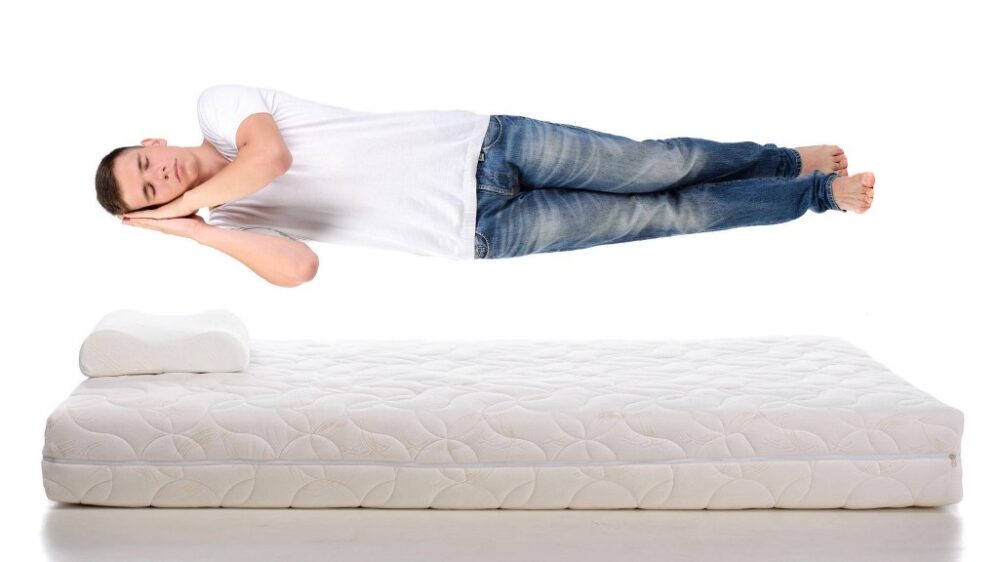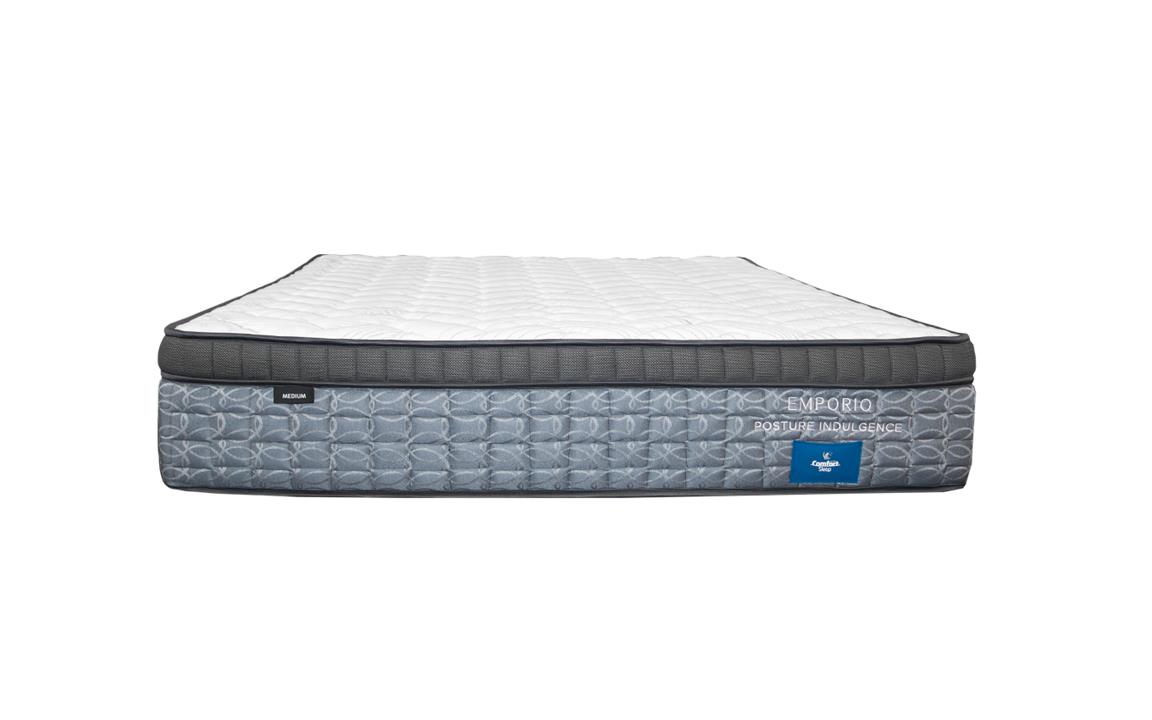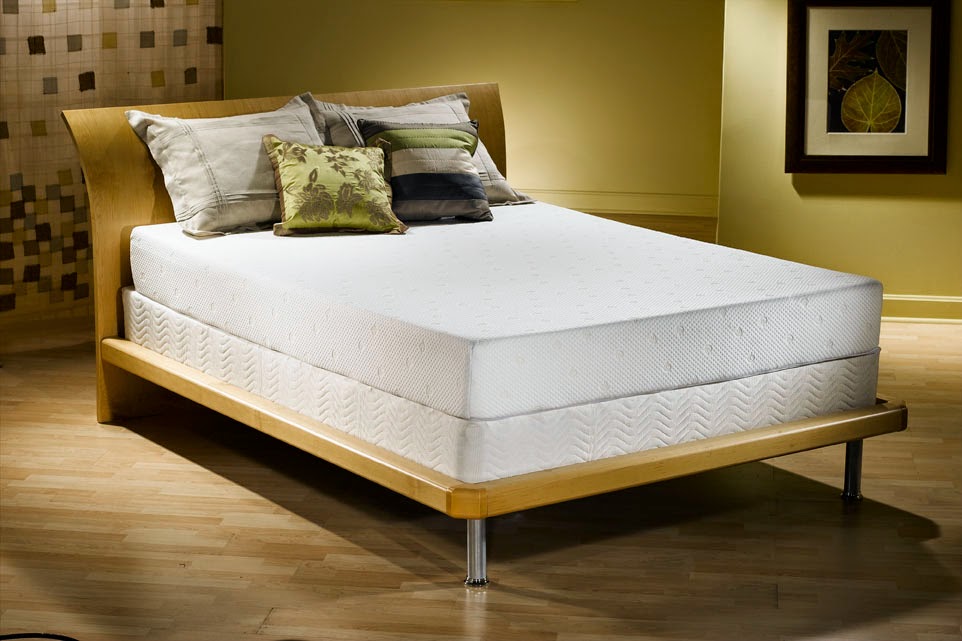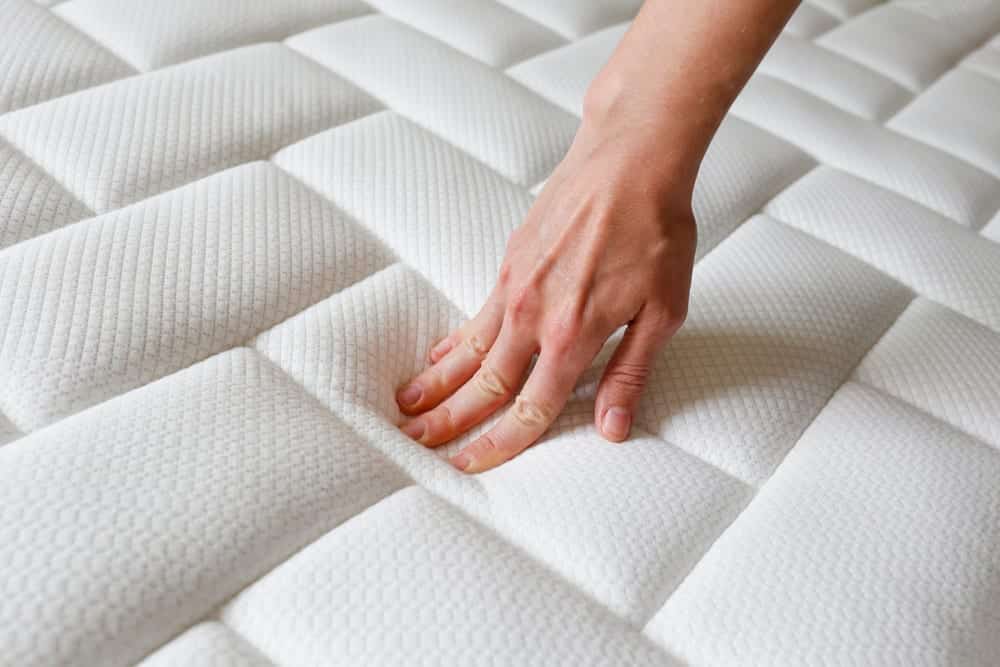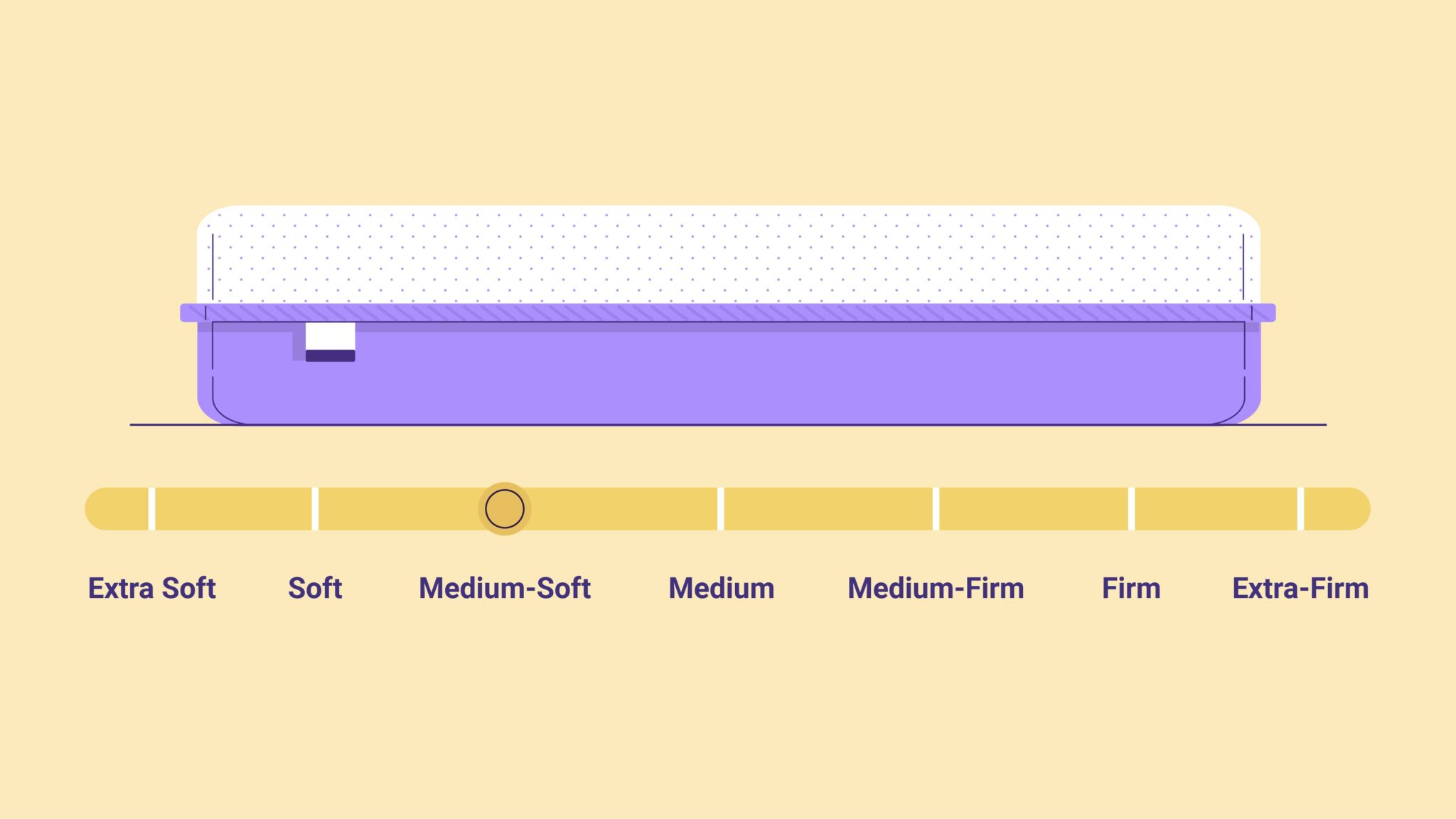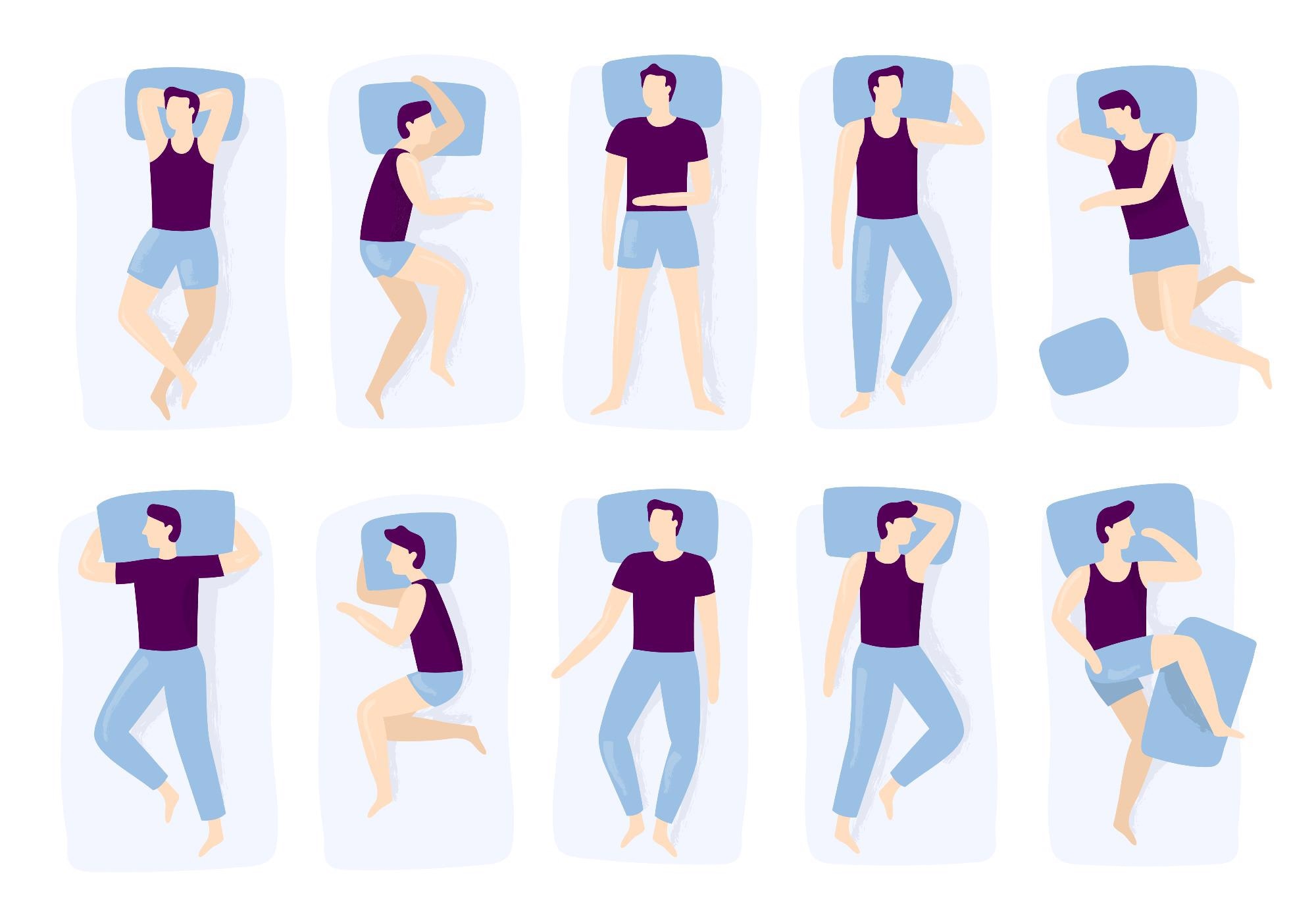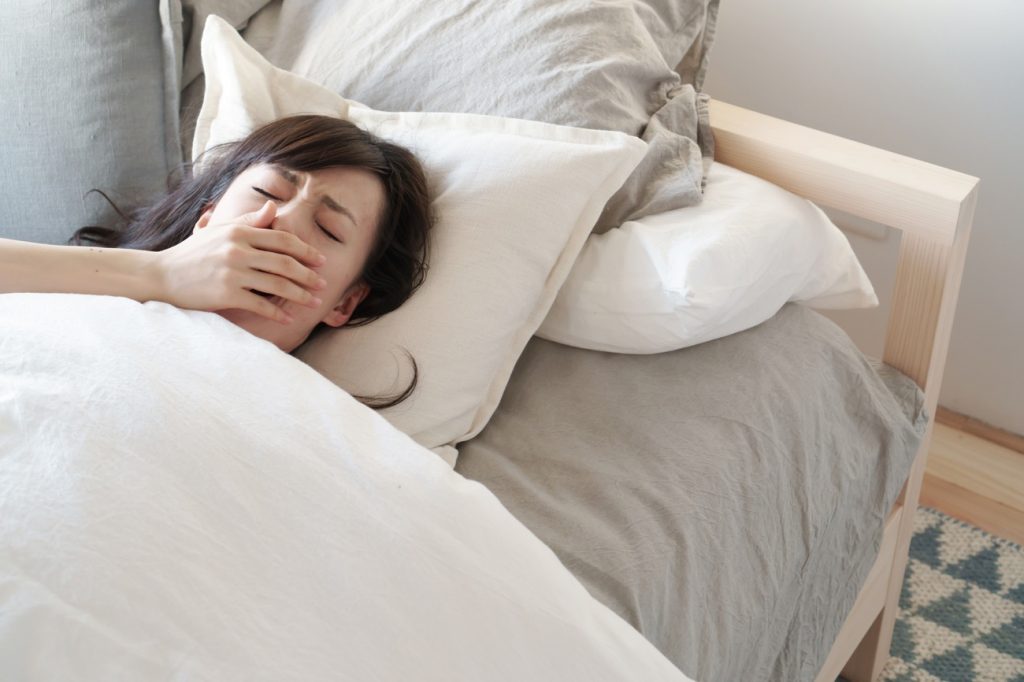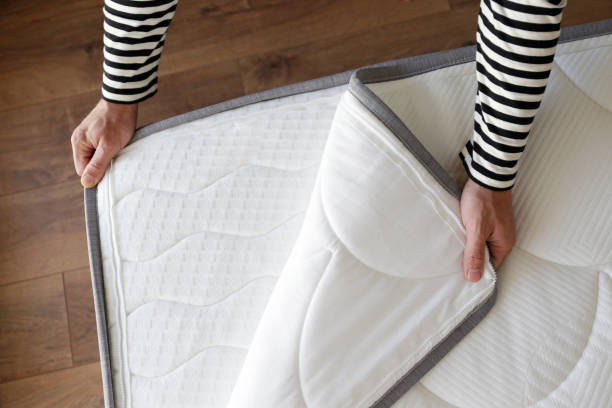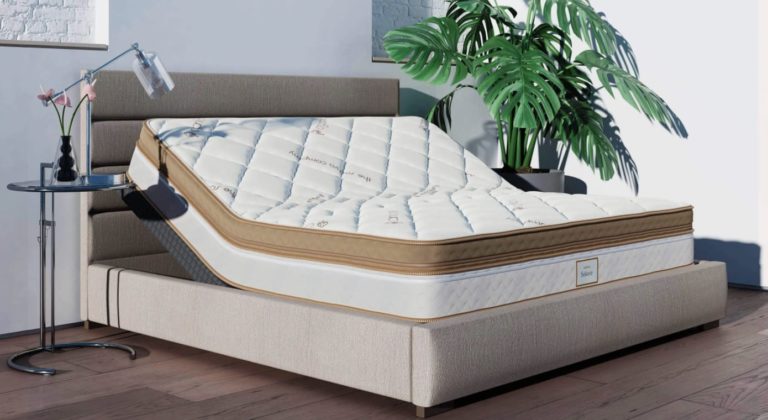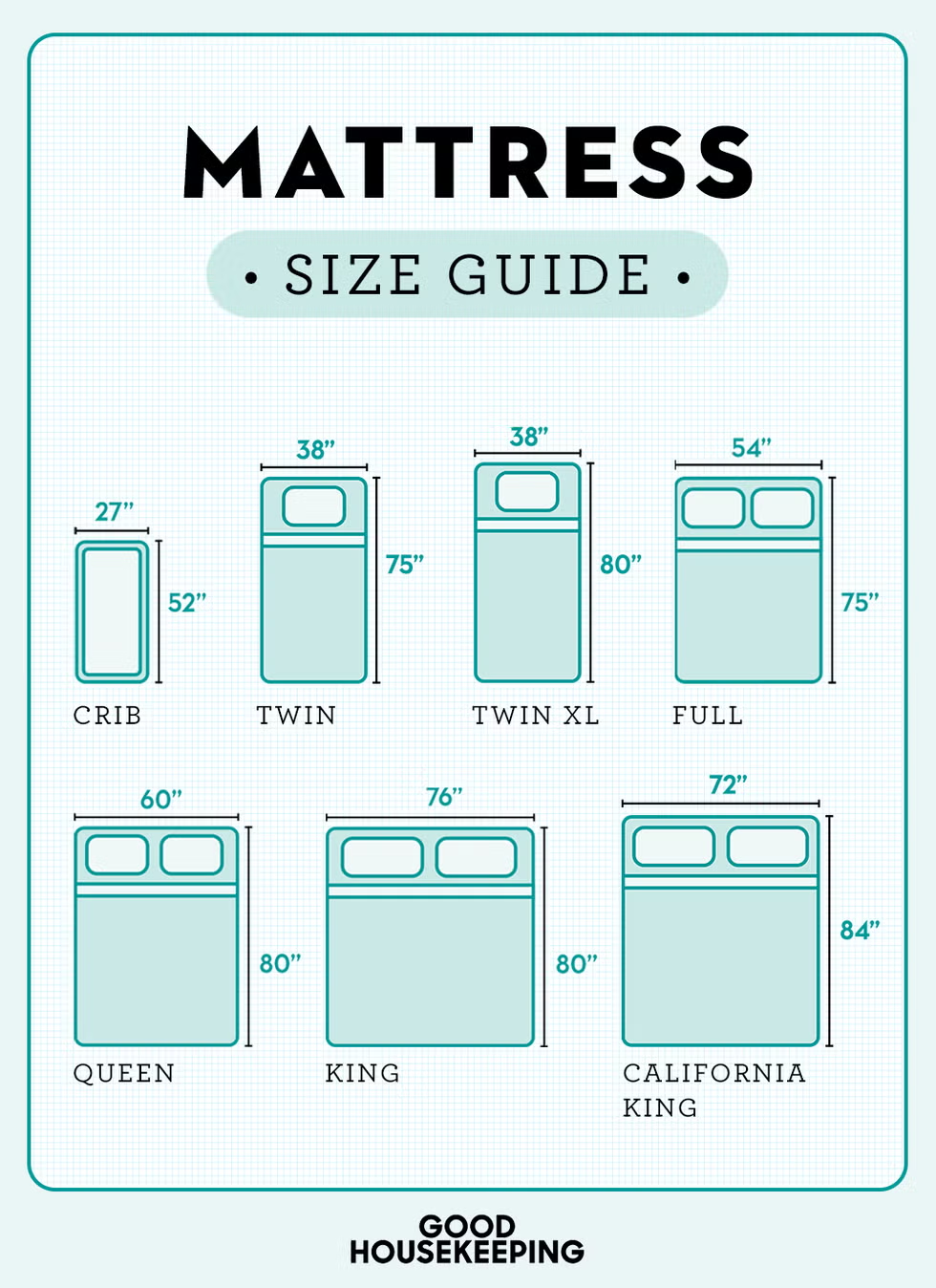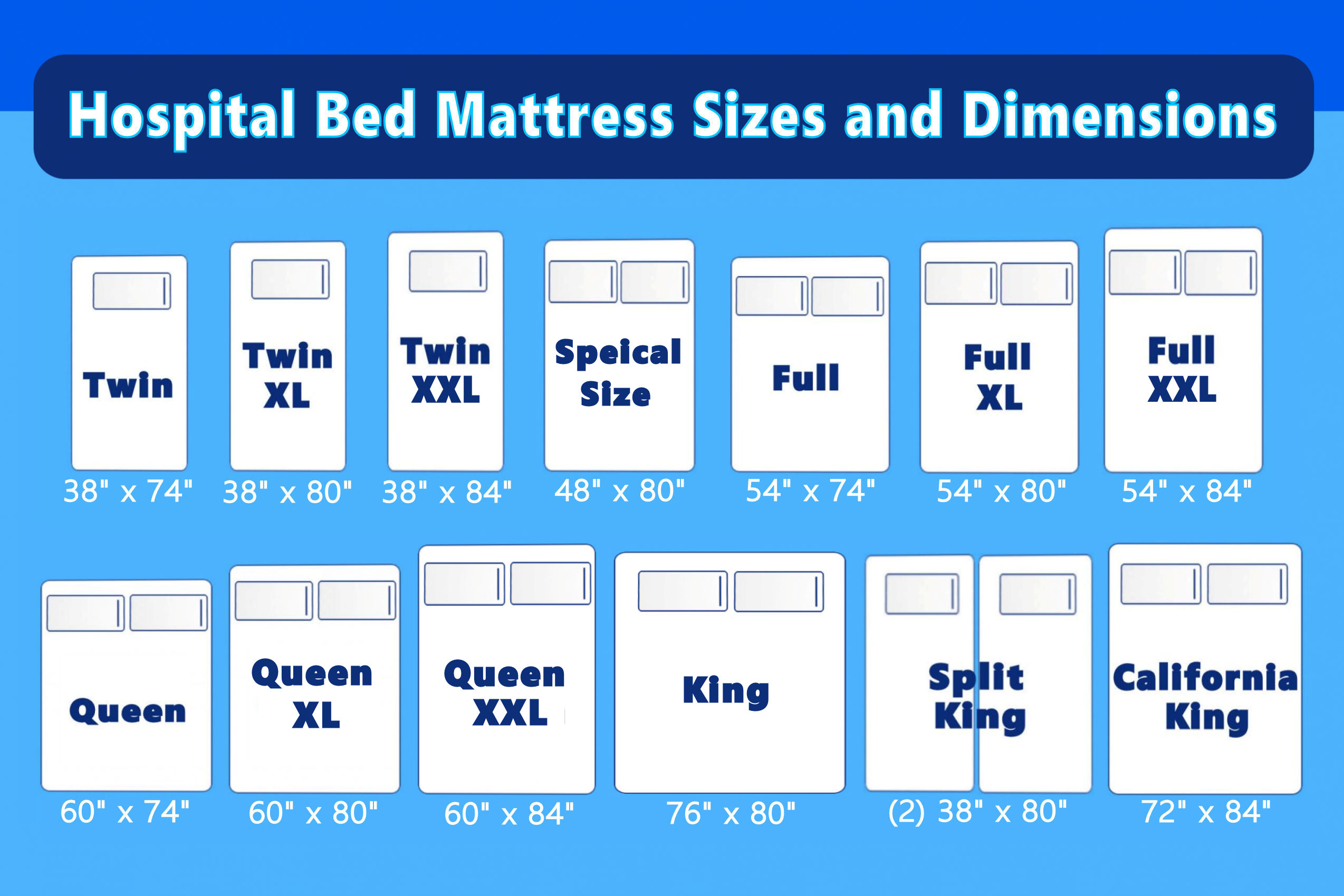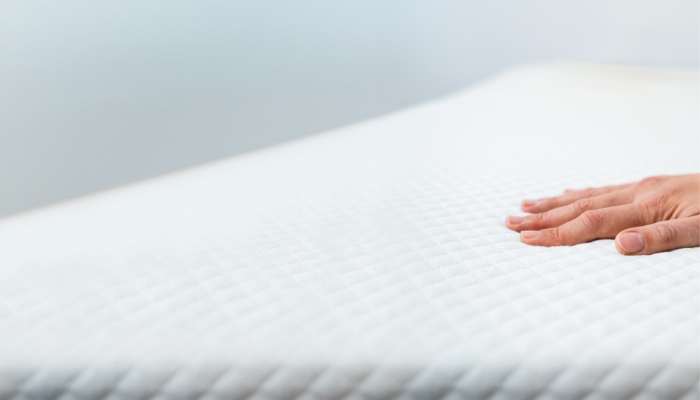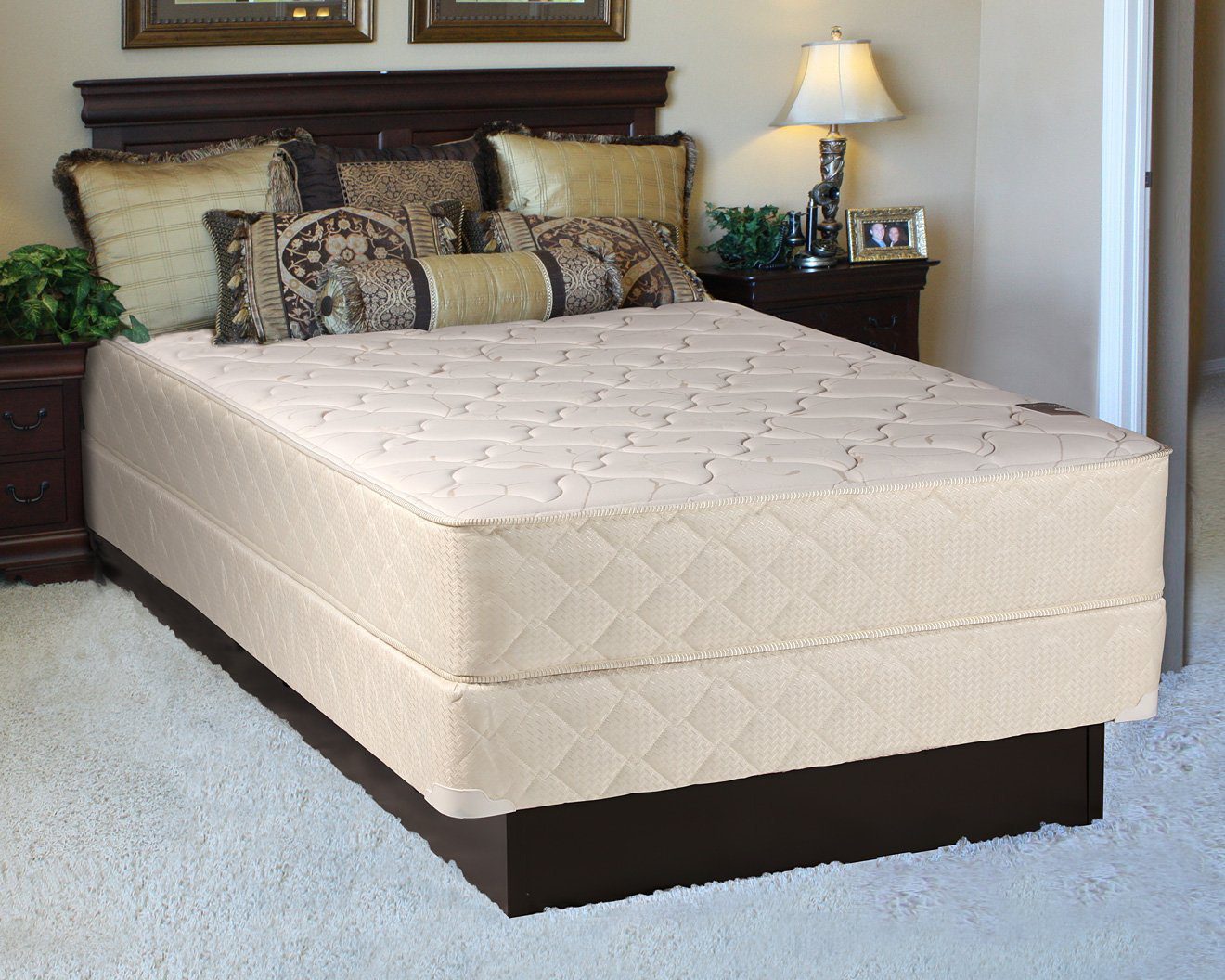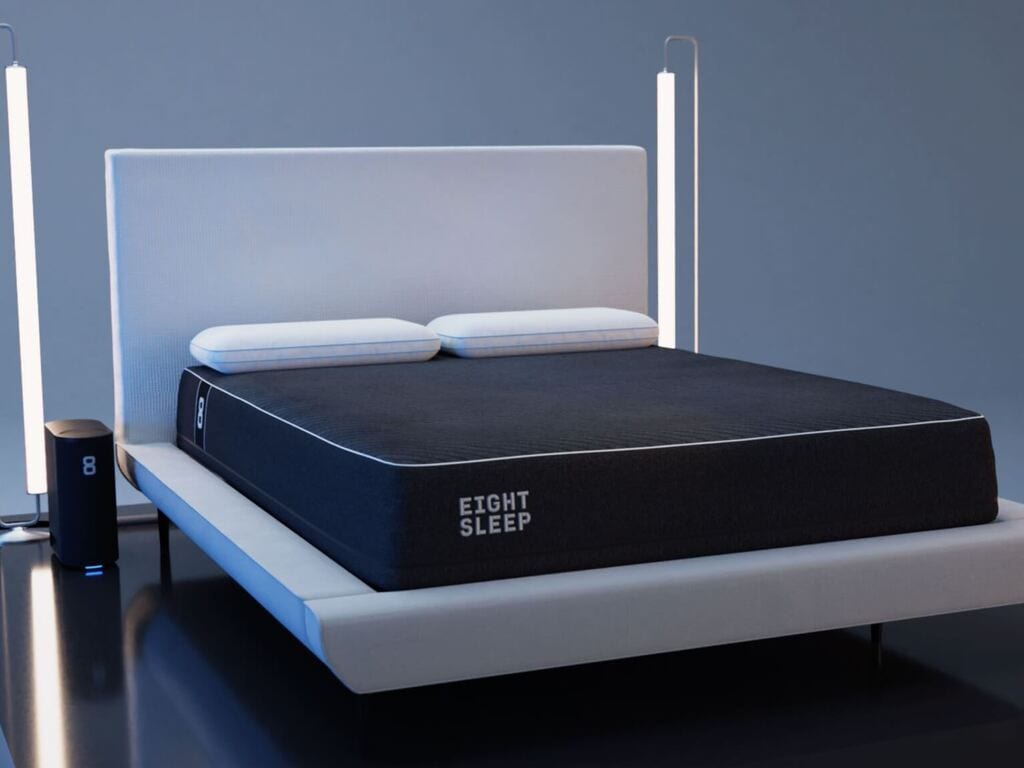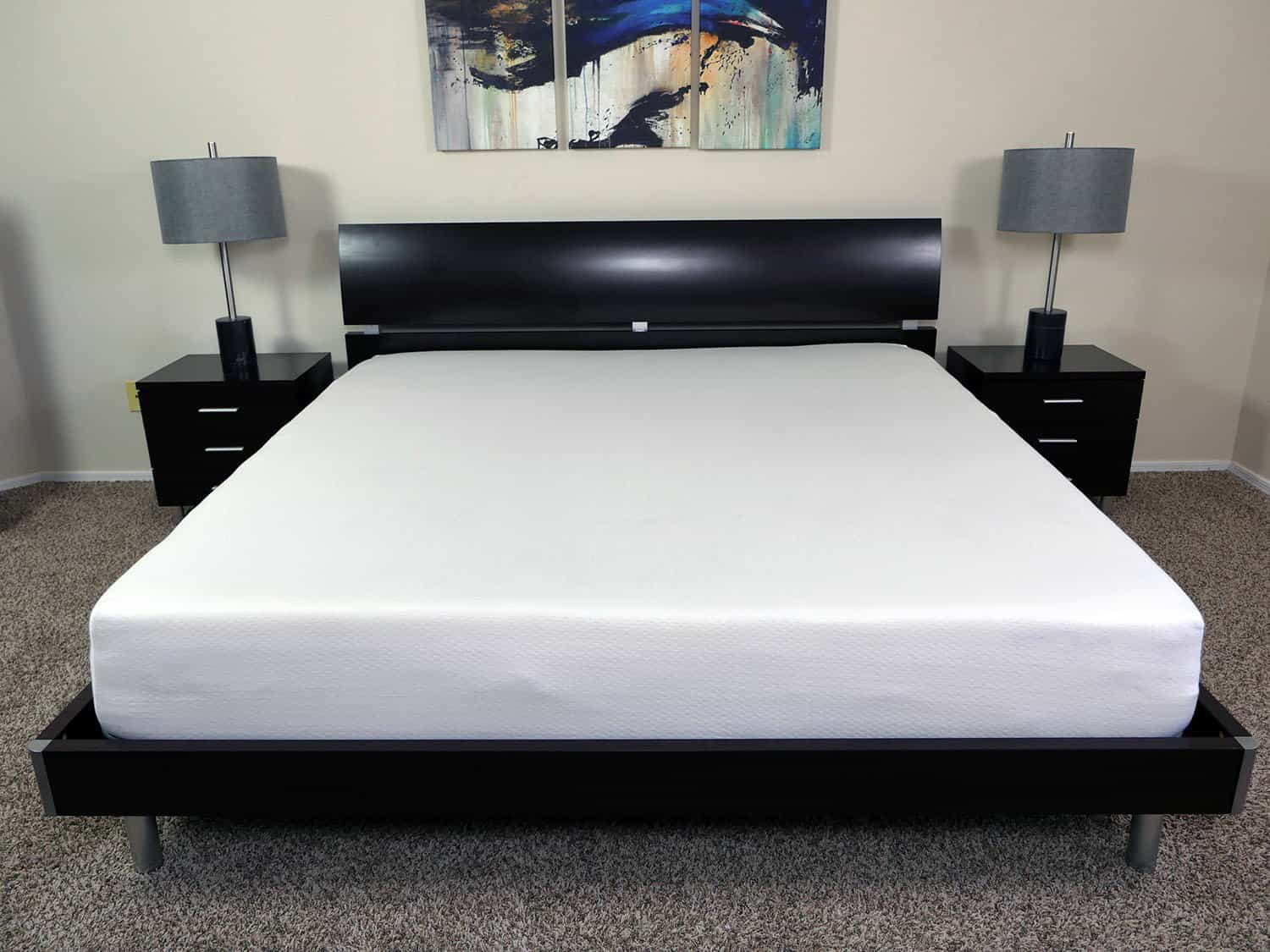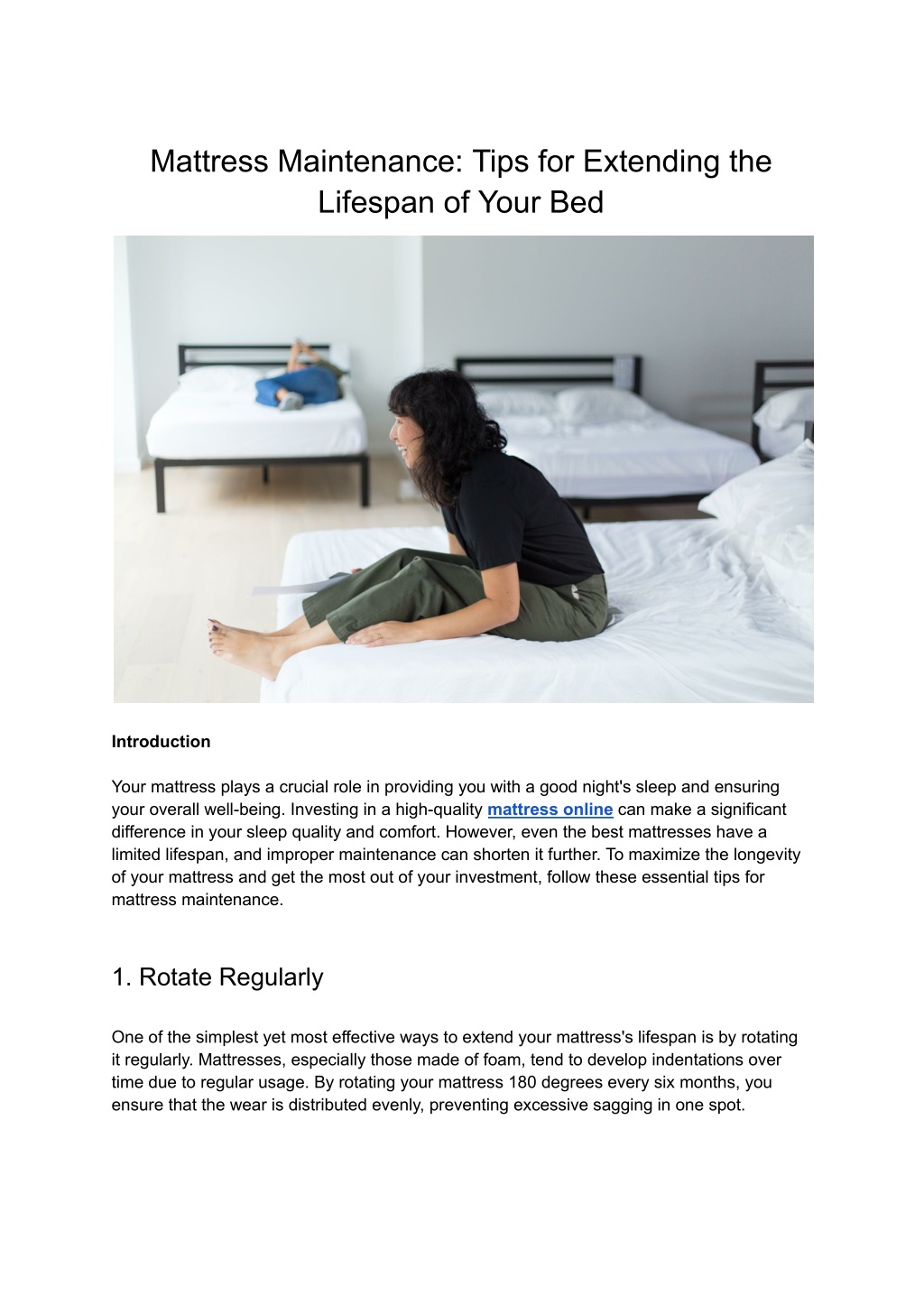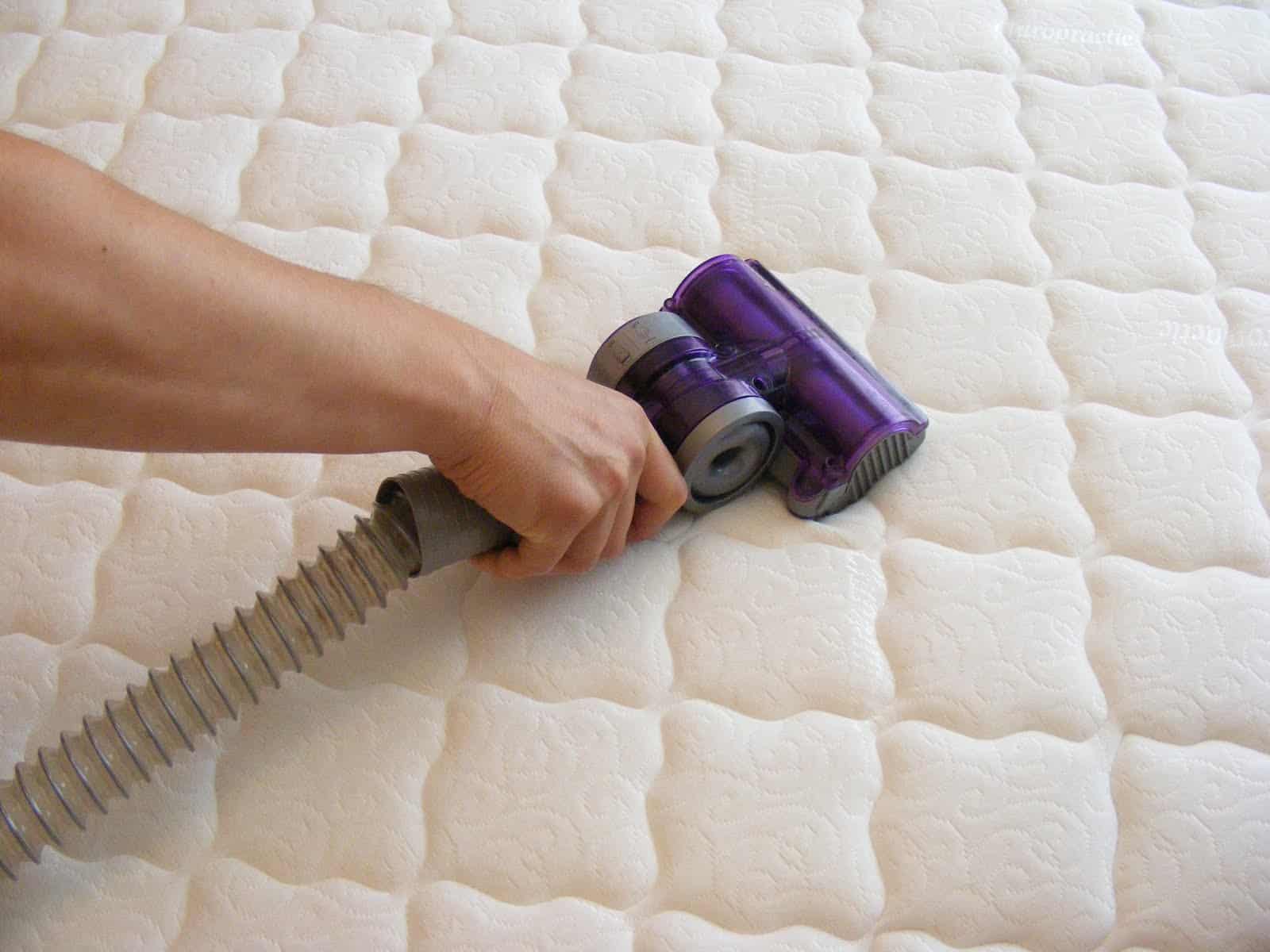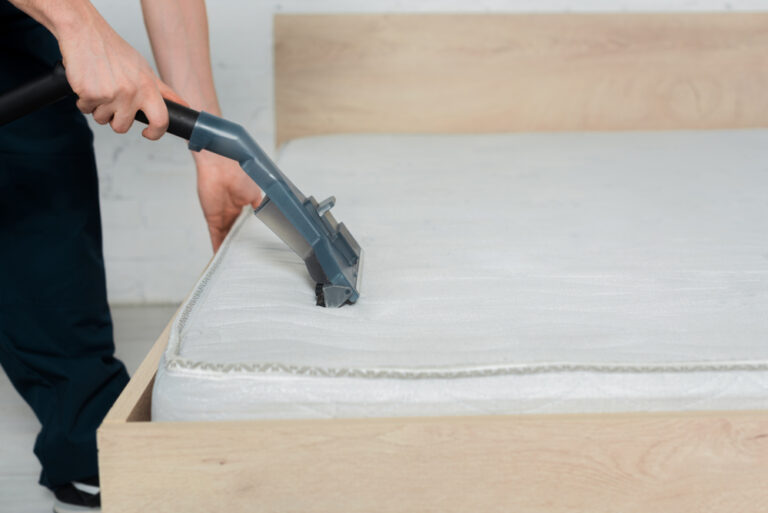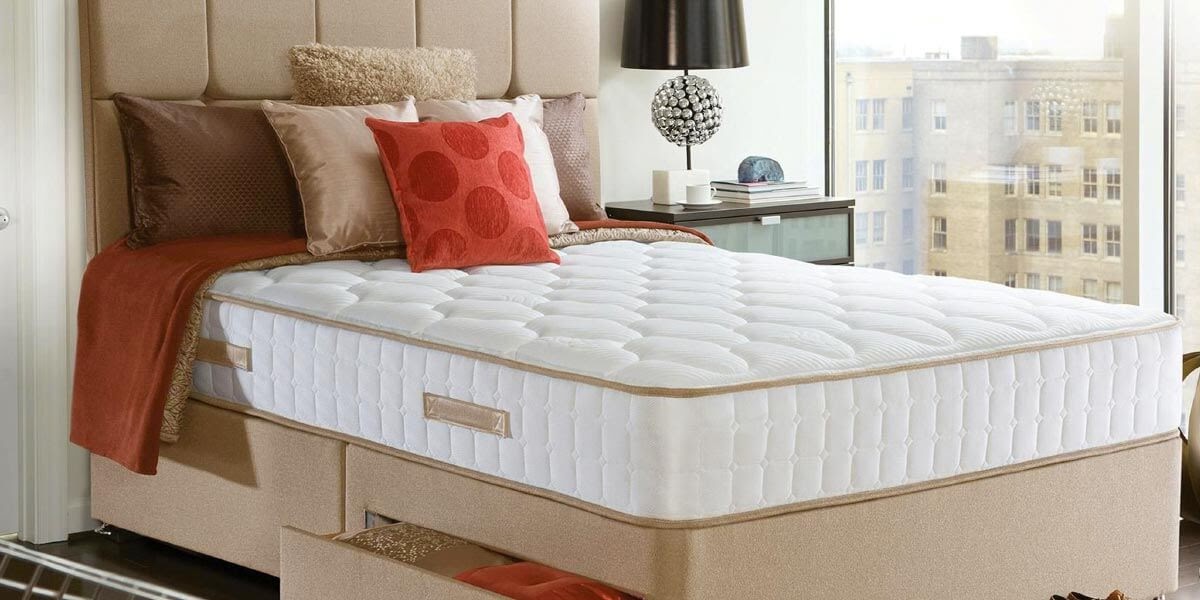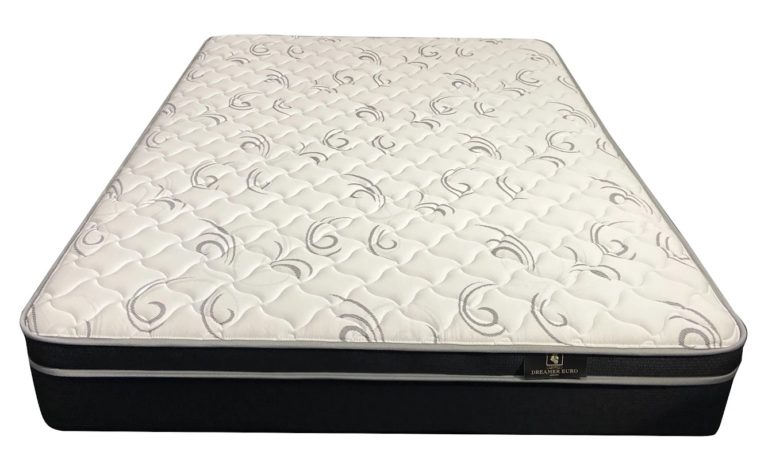Getting a good night's sleep is crucial for our overall health and well-being. And one of the key factors that can affect the quality of our sleep is the mattress we sleep on. With so many options available in the market, it can be overwhelming to choose the right mattress for your specific sleep needs. But fear not, as we bring you the top 10 guidelines for selecting the perfect mattress for a comfortable and restful sleep.1. Choosing the Right Mattress for a Good Night's Sleep
Comfort is the most important factor when it comes to a good mattress. After all, if you're not comfortable, you won't be able to fall asleep or stay asleep throughout the night. When choosing a mattress, make sure to try it out by lying down in your natural sleeping position for at least 15 minutes. This will give you a better idea of how it feels and if it provides the right level of comfort for you.2. The Importance of Mattress Comfort for Quality Sleep
Everyone's sleep needs are different, which is why there is no one-size-fits-all mattress. Consider your specific sleep needs, such as any back or joint pain, allergies, or preferences for firmness or softness, when choosing a mattress. Research different types of mattresses, including memory foam, innerspring, and hybrid, to find the one that suits your needs the best.3. Tips for Finding the Perfect Mattress for Your Sleep Needs
Firmness and support are two crucial factors that can affect the quality of your sleep. While some people prefer a firmer mattress for better support, others may find a softer mattress more comfortable. It's important to find a balance between firmness and support, as a mattress that is too firm or too soft can cause discomfort and lead to sleep disruptions.4. Understanding Mattress Firmness and Support for Optimal Sleep
Your sleeping position also plays a role in determining the best mattress for you. For example, side sleepers may benefit from a softer mattress that provides pressure relief for their hips and shoulders, while back sleepers may prefer a firmer mattress that supports their spine. Consider your sleeping position and choose a mattress that provides the right level of support and comfort.5. How to Determine the Best Mattress for Your Sleeping Position
The materials used in a mattress can greatly impact its comfort and durability. Memory foam mattresses conform to your body's shape and provide pressure relief, while innerspring mattresses offer more bounce and support. Hybrid mattresses combine the benefits of both memory foam and innerspring, making them a popular choice for many. Consider your preferences and needs when deciding on the material of your mattress.6. The Role of Mattress Materials in Sleep Comfort
The size of your mattress can also affect your sleep comfort. If you are sharing a bed with a partner, consider a larger size to avoid feeling cramped and uncomfortable. Your room size and personal preferences should also be taken into account when choosing the right mattress size. Remember, a bigger mattress does not always mean better, as it can also affect the cost and maneuverability of the mattress.7. Mattress Size and Sleep Comfort: Finding the Right Fit
Investing in a high-quality mattress is essential for a comfortable and restful sleep. A good quality mattress will not only provide better support and comfort but also last longer. Look for mattresses with good customer reviews, a solid warranty, and certifications for quality materials. While a higher price tag may seem intimidating, it's worth the investment for a good night's sleep.8. The Connection Between Mattress Quality and Sleep Comfort
Proper maintenance of your mattress is crucial for its longevity and comfort. Regularly flipping and rotating your mattress can help distribute wear and tear more evenly and prevent sagging. Vacuuming your mattress and using a mattress protector can also help keep it clean and free from dust and allergens. Follow the manufacturer's instructions for cleaning and maintenance to ensure your mattress stays in good shape.9. Mattress Maintenance Tips for a More Comfortable Sleep
Lastly, it's important to consider the age of your mattress. Over time, mattresses lose their comfort and support, and may even become a breeding ground for bacteria and allergens. It's recommended to replace your mattress every 7-10 years, depending on the quality and type of mattress. If you notice any signs of wear and tear, such as sagging or lumps, it may be time for a new mattress. In conclusion, choosing the right mattress is crucial for a good night's sleep. Consider your personal preferences, sleep needs, and the quality and materials of the mattress to find the perfect fit for you. And remember, a comfortable and supportive mattress is an investment in your overall health and well-being.10. The Impact of Mattress Age on Sleep Comfort and Quality
Additional Body Paragraph:

Choosing the Right Mattress for Your Body Type

If you're someone who struggles with back pain, you may be wondering how to choose the right mattress to provide the most comfort and support for your body. One important factor to consider is your body type. Depending on your weight and body shape, different mattresses may be better suited for you.
Firm mattresses are typically recommended for those who are overweight or have a larger build. This is because a firmer mattress will offer more support and prevent sinking, which can lead to back pain. On the other hand, those who are petite or have a smaller frame may benefit from a softer mattress. This is because a softer mattress will conform to their body shape and provide pressure relief.
For those who fall somewhere in between, a medium-firm mattress may be the best option. This type of mattress offers a balance of support and comfort, making it a good choice for most body types. It's important to test out different levels of firmness to see what feels most comfortable for you.
Additionally, consider if you tend to sleep on your back , side , or stomach . Each sleeping position requires different levels of support, so be sure to choose a mattress that will cater to your specific needs. For example, side sleepers may prefer a plush or pillow-top mattress to cushion their hips and shoulders, while stomach sleepers may benefit from a firmer mattress to keep their spine aligned.
By taking your body type and sleeping position into consideration, you can find a mattress that will provide the optimal level of comfort and support you need for a good night's sleep. Don't be afraid to ask for advice from a salesperson or do thorough research online to find the perfect mattress for you.



